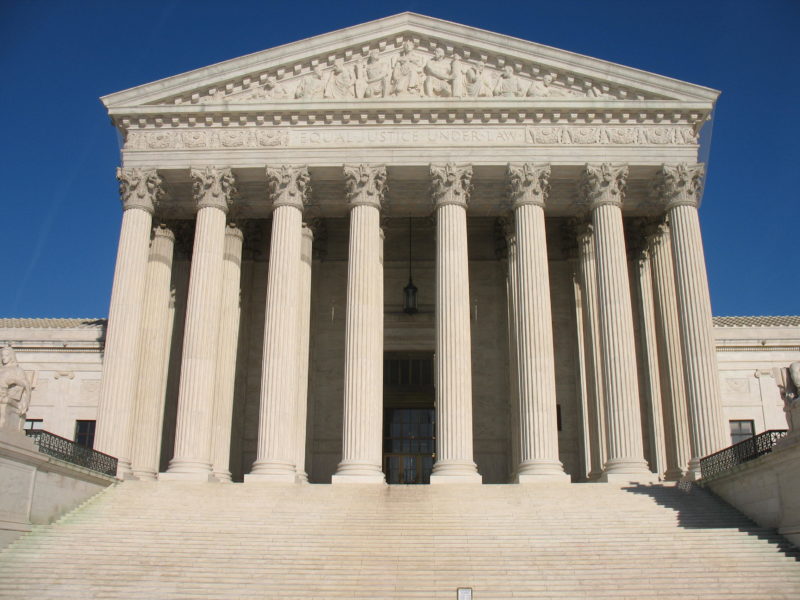
In both civil and criminal cases, an appeal is a process in which a party who is dissatisfied with the outcome of a case in a lower court can petition a higher court to review the case. Here is some basic information that may help you out if you are considering filing an appeal:
Appeals Process
Generally, an appeal is a process in which a party who is dissatisfied with the outcome of a case in a lower court will petition a higher court to review the case. For those who file an appeal, you may want to consult an appellate lawyer.
The appellate courts (Court of Appeals and Supreme Court) do not retry cases or hear new evidence. Rather, they review what occurred in trial court and make sure the proper law was applied and the proceedings were fair. Each side presents a written argument to the appellate court in a document called a “brief.”
Understanding How to Appeal
You first need to know where and when you can file an appeal. In the San Diego Superior Court, you can file a notice of appeal in the Superior Court Appellate Division in the downtown courthouse. North County’s court currently accepts the notice of appeal on cases originating there, but be sure to check on this before you go to file your appeal.
In the appeals process, it is critical that you visit the San Diego Superior Court website at http://www.sdcourt.ca.gov and go to the Appeals section. If you miss the final date for filing an appeal, you will not be able to file it.
Opposing Parties — Notification
All appeals filed with the Court must be accompanied with a Proof of Service. This may be personal service or service by mail. Generally, personal service should be done by a person over the age of 18 and not a party to the action. The proof of service must be filled out completely and correctly, so you must educate yourself on the requirements.
Oral Argument
Very often the filing of the briefs will provide the appellate judges with all of the information they need to decide a case, but there is also an opportunity for both sides to present an oral argument. The judges will not want the briefs to be read aloud or restated in an oral argument since they have already read them. The parties may want to use the oral argument time to clarify points previously made or highlight what they believe is important or to answer questions from the judges. Either side may choose to participate in oral argument or not, and failure to respond to a request to appear is an assumption that the party has waived the right to present an oral argument.
Appeals Court Decision Process and Timing
The case will be submitted to the Appeals Court once the oral arguments or the time for oral arguments has passed. At this time neither of the parties may submit any additional information to the Court, and a decision on the appeal will be given within 90 days. All parties will be notified by mail of the court’s decision.
Petition for Rehearing
If you lose an appeal, you can file a petition for rehearing in the appellate court asking the court to correct an important mistake in its decision, such as a major misstatement of fact, an error of law, major law or facts that were left out, or an important argument that was not included. The petition must generally be served and filed within 15 days of the filing of the appellate court’s decision (California courts).
Higher Court Appeals
If you lose your appeal, you may be able to transfer to the Court of Appeal, if your case originated in the appellate division of the Superior Court. If it originated in the Court of Appeal, then you can ask the California Supreme Court to review the decision.
For more key issues in appellate law, visit the San Diego County Bar Association website.
This information is for educational purposes only and is not intended to provide legal counsel or serve as legal advice. If you have an appellate law matter, it is best to consult the advice of an attorney. You can get referred to an attorney for a free 30-minute consultation through the San Diego County Bar’s Lawyer Referral & Information Service at www.sdcba.org/ineedalawyer or by calling 1 (800) 464-1529.